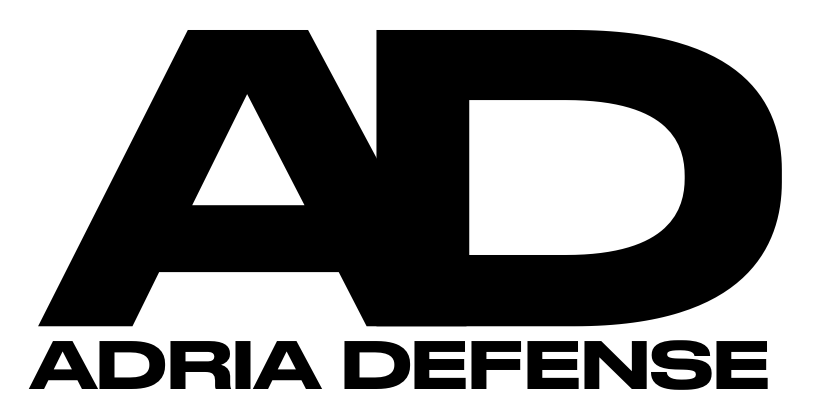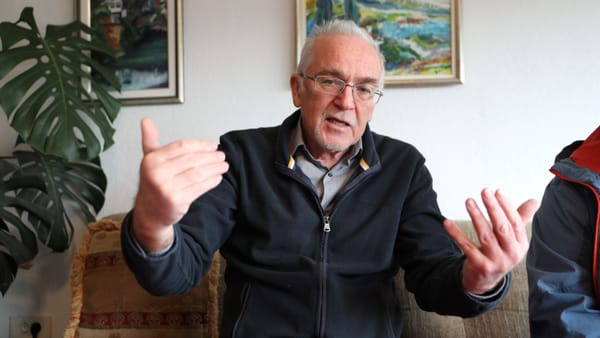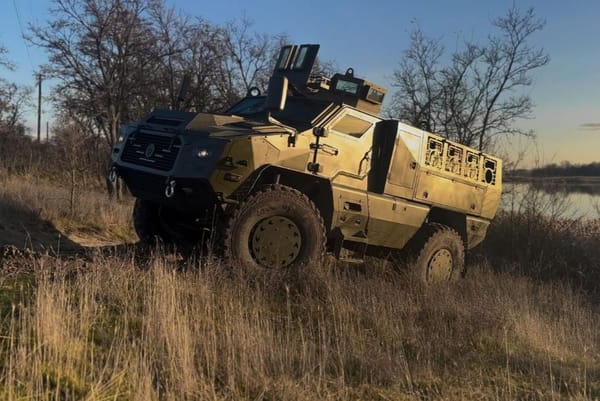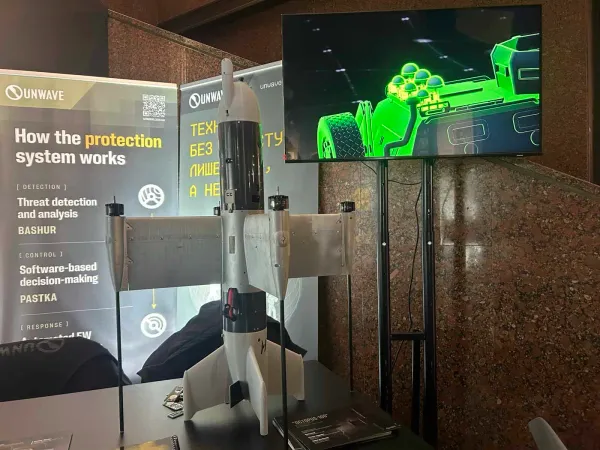Bulgaria Emerging as a Strategic Player in Europe’s Defense Build-Up
European Council President António Costa has said Bulgaria is poised to play a “key role” in strengthening Europe’s defense capabilities as the continent accelerates efforts to boost its security and reduce reliance on external partners.
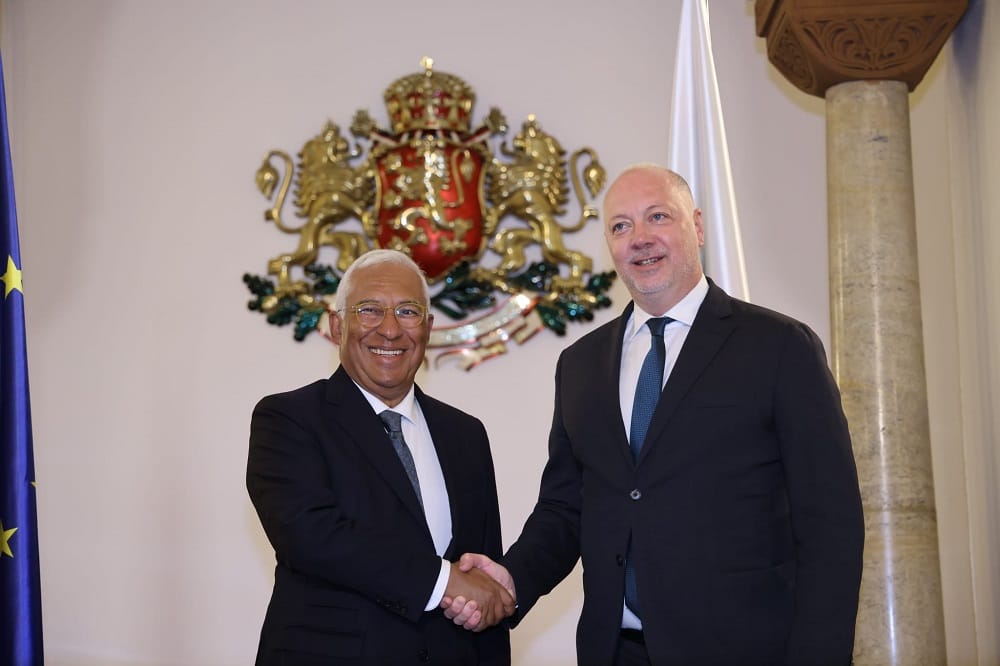
SOFIA — European Council President António Costa has said Bulgaria is poised to play a “key role” in strengthening Europe’s defense capabilities as the continent accelerates efforts to boost its security and reduce reliance on external partners.
During a three-day visit to Bulgaria, Costa toured Arsenal JSCo, one of the country’s leading firearms and ammunition manufacturers, and praised its industrial potential. “If we want to succeed in this European defense program, we must mobilize all capacities across member states,” Costa said. “Bulgaria has strong conditions to become a major supplier—not only meeting its own defense needs but contributing significantly to Europe’s collective capabilities.”
Costa emphasized that increased defense spending is not only a strategic necessity but also an economic opportunity. “Investing more in defense means investing in our economy, in research, and in innovation,” he said. “The security of Europe begins in Ukraine, and the security of Europe and Ukraine cannot be separated.”
Bulgaria’s Expanding Role in European Security
Following its recent entry into the Schengen Area and ongoing preparations for eurozone membership, Bulgaria is stepping up its defense ambitions. Prime Minister Rosen Zhelyazkov confirmed that defense spending has already exceeded 2% of GDP in 2025, with plans to further increase investments.
The government is considering applying EU budget clauses that allow joint procurement projects in defense to be excluded from deficit calculations—freeing additional fiscal space for modernization and rearmament.
Bulgaria, a NATO member since 2004, has been under growing pressure to contribute more to Europe’s security architecture, particularly as the United States signals shifting defense priorities under a possible second Trump administration. European leaders have repeatedly stressed the need for strategic autonomy amid uncertainty over U.S. commitments.
“Bulgaria will continue to be a constructive, predictable, and reliable partner as the EU faces geopolitical and economic challenges,” Zhelyazkov said.
Rising Calls for European Defense Independence
Across the continent, governments are boosting defense budgets in response to Russia’s ongoing war in Ukraine and growing concerns over Moscow’s ambitions. Costa’s remarks underscore the EU’s intention to build an integrated defense industrial base, capable of sustaining Europe’s long-term security without overdependence on Washington.
Bulgaria’s established defense industry—led by companies like Arsenal JSCo and VMZ Sopot—positions the country as a valuable asset in Europe’s rearmament strategy. Analysts suggest that Bulgaria could become a hub for ammunition production, component supply, and joint EU procurement initiatives.
A Parallel Visit: Donald Trump Jr. in Sofia
Adding intrigue to the week’s developments, Donald Trump Jr. also visited Sofia as part of his European tour. Media access was barred from his meetings with Bulgarian business leaders and political figures, including Boyko Borissov, leader of the GERB party and former prime minister.
While the nature of their discussions remains undisclosed, the timing of the visit coincides with heightened attention on U.S.–EU defense relations and the potential reorientation of American foreign policy.
Outlook
As the European Union seeks to rebuild its defense industrial base and coordinate procurement under new joint programs, Bulgaria’s industrial capacity, strategic location, and commitment to NATO standards could make it an indispensable player in Europe’s collective security effort.
For Brussels, Sofia’s rise as a defense partner reflects a broader shift: Europe must prepare to defend itself—politically, economically, and militarily.
